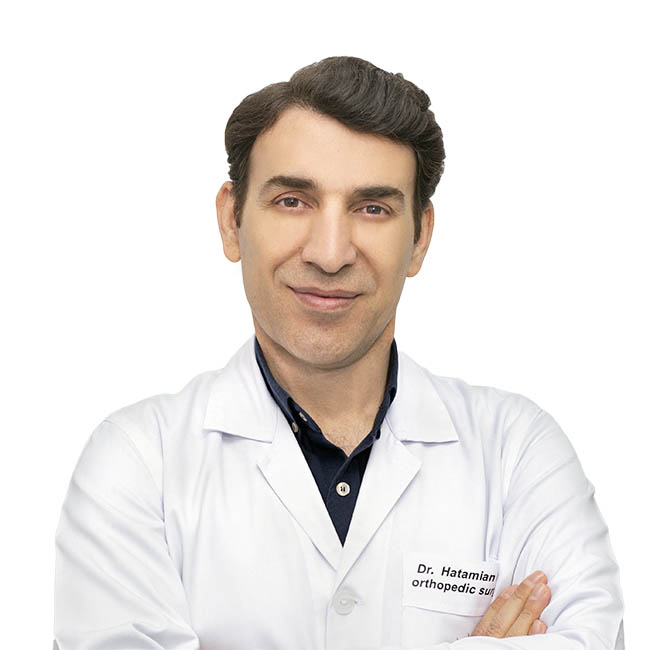Aromatherapy
Aromatherapy, also known as extract therapy with medicinal plants, is a therapeutic and rejuvenating practice that utilizes aromatic plant extracts to enhance the overall well-being of the body and mind. This method aims to improve mental and physical health through the use of aromatic extracts for medical purposes, providing benefits for both the body and soul.
Dating back thousands of years, aromatherapy has been utilized by ancient cultures such as China, India, and Egypt, where aromatic plants were employed in various forms, including medical treatments and spiritual ceremonies. Throughout history, the distillation of plant extracts has been refined and researched, with French doctors in the 19th century recognizing the potential benefits of medicinal plants in treating diverse ailments.
Aromatherapy harnesses the power of aromatic extracts through inhalation and skin absorption, using smoking devices, aromatic drinks, bath salts, body oils, creams, lotions for massage, facial steamers, hot and cold compresses, and face masks. These products are available in pharmacies and cosmetics stores, but it is essential to ensure their authenticity and purity when purchasing.
The benefits of aromatherapy are numerous, including pain management, improved sleep quality, stress and anxiety reduction, joint pain relief, headache and migraine treatment, alleviation of chemotherapy side effects, postnatal discomfort relief, antifungal and antiviral effects, digestive system soothing, enhanced disease treatment processes, strengthened immune system, and improved digestion. However, while some advantages have been supported by scientific research, others are based on experiential evidence.
It is crucial to use herbal extracts carefully, as they can have side effects if used improperly. Applying extracts directly to the skin should be avoided, and they must be combined with carrier or base oils or diluted before topical application. Skin patch testing is advisable before broader usage. Some extracts, such as citrus extracts, can increase sensitivity to sunlight, making it important to avoid sun exposure after their application. Pregnant, breastfeeding women, and children should exercise caution and seek medical supervision when using herbal extracts.
Aromatherapy offers potential treatment or symptom relief for ailments such as asthma, insomnia, depression, inflammation, peripheral neuropathy, menstrual problems, alopecia, cancer, erectile dysfunction, arthritis, menopause, and fatigue. However, unproven claims about its effectiveness in treating Alzheimer's, Parkinson's, and heart problems necessitate further research.
Caution should be taken when using aromatherapy for those with allergic rhinitis, asthma, epilepsy, high blood pressure, eczema, or psoriasis, as certain herbal extracts may trigger side effects. Possible side effects include rashes, asthma attacks, headaches, sensitivity signs, skin irritation, and nausea. Ultimately, aromatherapy, with its soothing aromas, remains an effective tool for stress reduction and relaxation.




